Industrial washing / Articles
Tunnel washers: pros, cons and alternatives
Tunnel washers have been the go-to washing solution in many industries for decades. But are they still the leading choice for business?
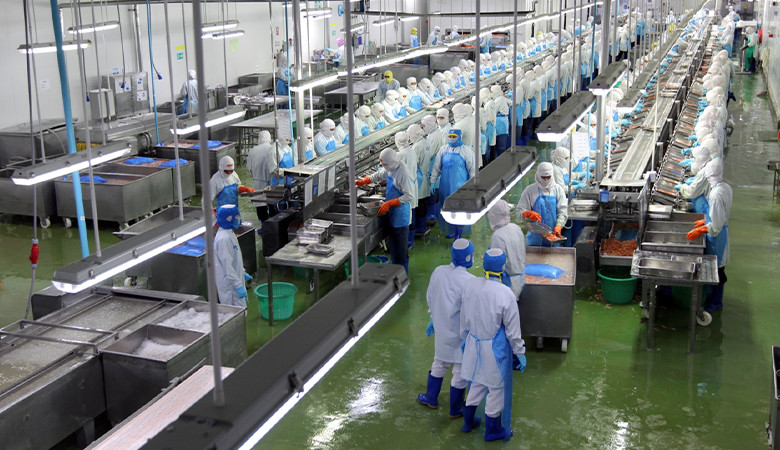
 12 minutes of reading
12 minutes of reading
2024-04-23 12:37:24
🎧 PREFER TO LISTEN ON THE GO?
We turned this topic into a podcast episode packed with stories, insights, and expert takes. Listen on Spotify.
Tunnel washers have been the go-to washing solution in many industries for decades. Few dispute they can improve employee safety, save space, increase wash performance and even help the environment compared to traditional or manual washing. In recent years, however, technology in the field has gathered pace, leaving many to wonder if tunnel washers are still the best choice for their needs. In this guide, we dive into what tunnel washers actually are, how they are helping businesses, and how to choose one.
What are tunnel washers?
Tunnel washers, also known as continuous batch washers, are advanced industrial cleaning machines designed to wash large, continuous streams of items. Unlike traditional washing machines that operate on a batch basis, tunnel washers utilize a continuous process, allowing for high throughput and consistent cleaning results.
These machines are made of a long, tunnel-like chamber through which items are transported via a conveyor belt or similar mechanism. Within the chamber, the items undergo a series of cleaning stages, including washing, rinsing and drying. The design of tunnel washers ensures thorough cleaning and rinsing while minimizing water, energy, and chemical usage.
Tunnel washers are renowned for their versatility and adaptability to various applications. They can accommodate a wide range of items and even industrial components. This versatility makes tunnel washers indispensable in industries such as healthcare, manufacturing, and beyond, where maintaining cleanliness and hygiene standards is paramount.
Tunnel washers: history and evolution
Tunnel washers have a rich history dating back several decades, evolving from simple cleaning systems to sophisticated industrial machines. The concept of tunnel washers emerged in the mid-20th century as companies sought more efficient ways to wash large volumes of items. Early iterations were rudimentary compared to modern tunnel washers, often utilizing basic conveyor systems and manual controls. However, even these early models represented a significant leap forward in cleaning technology.
Over the years, tunnel washers have undergone remarkable advancements in automation, digital controls, and materials that transformed them into highly efficient and versatile machines. The latest models allow for precise control over various parameters such as temperature, water flow, and detergent dosage, improving cleaning consistency and reducing manual intervention.
Another significant development in tunnel washer technology is the incorporation of eco-friendly features to minimize energy and water consumption. Innovations such as closed-loop water recycling systems, heat recovery units, and low-temperature washing programs have made tunnel washers more sustainable and cost-effective to operate.
Benefits of tunnel washers
Tunnel washers offer significant advantages over traditional washing methods.
Productivity
One of the primary benefits of tunnel washers is their ability to handle large volumes of items. Tunnel washers employ a continuous process, allowing for high throughput and rapid cleaning cycles. This translates to increased productivity and shorter turnaround times for businesses, enabling them to meet the demands of busy environments.
Labour savings
Another key advantage of tunnel washers is their ability to save time and costs. Traditional washing methods often rely on manual labour for loading, unloading, and monitoring washing cycles, which can be time-consuming and labour-intensive. In contrast, tunnel washers are equipped with automated loading and unloading systems, as well as programmable controls that minimize the need for manual intervention. This streamlines the cleaning process and frees up personnel to focus on other tasks.
Limitations of tunnel washers
While tunnel washers offer some advantages, they also have some limitations that businesses should consider.
Energy and water consumption
Tunnel washers are not fully closed systems, which can result in higher energy and water consumption. The open-end design of tunnel washers (where both the input and output points remain open during operation) leads to energy loss due to heat escaping from the washing chamber, requiring additional energy to maintain the desired temperatures. Similarly, water usage is higher than a close casket system, as there is potential for water to evaporate or escape during the washing process.
Moisture retention
Items washed in tunnel washers may not emerge completely dry at the end of the cleaning cycle. This can be problematic for industries where dry items are required immediately for further processing or use. Additionally, residual moisture left on items may increase the risk of mold or mildew growth if not properly managed. Businesses may need to invest in separate drying equipment or processes to achieve desired levels of dryness.
High energy consumption with drying features
Tunnel washers equipped with drying features, such as hot air blasts, can significantly increase energy consumption. The use of heat for drying purposes can lead to elevated energy costs, especially in facilities with high volumes of items requiring extensive drying.
Space requirements
Tunnel washers typically require significant floor space for installation and operation, which may pose challenges for businesses with limited space availability. The large footprint of tunnel washers can restrict flexibility and require dedicated space for installation, potentially impacting workflow efficiency.
Alternative to tunnel washing machines: closed cabin
Cabinet washers are a key alternative to tunnel washers, particularly in situations where the limitations of tunnel washers need to be addressed. MultiWasher, the closed-cabin industrial washing machine developed by Somengil, is the benchmark for this type of equipment. Cabinet washers, also known as enclosed or closed-loop washers, offer several advantages, including:
Enclosed design
The multiwasher features an enclosed design that helps contain the washing process within a controlled environment. This minimizes energy loss, reduces water consumption, and enhances cleaning efficiency compared to open tunnel washers.
Energy efficiency
Cabinet washers incorporate energy-efficiency features such as insulated chambers, heat recovery systems, and programmable controls to optimize energy usage. This results in lower energy consumption and lower operating costs compared to tunnel washers, especially when drying features are employed.
Improved drying
The MultiWasher has effective drying options, ensuring that items emerge thoroughly dry at the end of the cleaning process. This eliminates the need for separate drying equipment and minimizes the risk of mold or mildew growth on damp items.
Space-saving design
Cabinet washers typically have a smaller footprint compared to tunnel washers, making them suitable for businesses with limited space availability. Their compact design allows for easy integration into existing facilities without sacrificing cleaning performance or workflow efficiency.
Tunnel washing machines: frequently asked questions
We answer some of the most common questions about tunnel washing machines.
What are the space requirements for installing tunnel washing machines?
Tunnel washing machines are long and require considerable space. The exact size can vary, but it can they can be over 10 meters long. It is also important to ensure that there are at least 1 to 2 meters around the machine to ensure adequate access. The MultiWasher, a closed-cabin washing machine developed by Somengil, is available in different sizes and can be customized to make the most of the layout. We can also help determine the best configuration for the space available in your facility.
Are tunnel washing machines safe?
Tunnel washing machines are designed to operate safely, but due to their open design, specific precautions are often required to ensure the safety of operators and the environment. It is essential to follow the procedures recommended by the manufacturer and use the safety devices provided. On the other hand, closed-cabin washing machines, such as the MultiWasher, operate in a controlled environment, with less exposure to moving parts and the washing process, making the process safer.
Do I need special training to work with tunnel washing machines?
Yes, tunnel washing machines generally require special initial training due to their complexity and design. It is essential to prepare operators to ensure a safe and efficient operation. The MultiWasher, on the other hand, is very intuitive to use, we provide full training so that you can make the most of the advanced features from day one.
How does the MultiWasher improve operational efficiency?
MultiWasher reduces the time needed to wash and dry utensils, allowing employees to concentrate on more complex tasks. Companies can achieve savings of up to 74% on washing time alone. MultiWasher contributes to sustainability by saving up to 76% of water and 19% of detergent, thus reducing the consumption of natural resources and environmental impact.
What types of utensils and tools can be washed in tunnel washing machines?
Like the MultiWasher, tunnel washing machines can sanitize various types of utensils and tools. The most common examples are kitchen utensils, plates, trays, plastic boxes, forms, trays, molds, pallets, forklifts, jars, measuring equipment, machinery parts, containers, trolleys, among many others.
Do I need any additional equipment to use a tunnel washing machine?
In some cases, it may be necessary to invest in separate drying equipment or processes. This is because the utensils may not come out dry at the end of the cycle, and residual moisture can lead to mold or mildew. With MultiWasher, this is no longer the case, as the items come out completely dry and ready to use or store.
MultiWasher: the next generation of enclosed industrial washing solutions
MultiWasher is a leading closed casket washing solution, a more efficient alternative compared to traditional tunnel washers. This innovative machine not only offers the versatility and reliability of traditional cabinet washers but also incorporates cutting-edge technologies to meet the evolving needs of modern businesses. With MultiWasher, businesses can achieve superior cleaning results, minimize water, energy and detergent consumption, and streamline their operations, making it the ultimate solution for efficient and effective industrial washing. Get in touch.
—
This podcast is generated using Artificial Intelligence, drawing on real-world data, research, and industry insights from Somengil’s blog.
You may also like
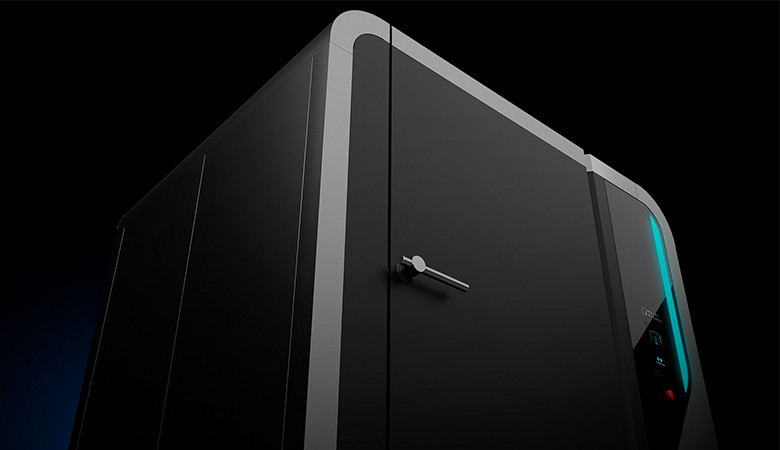
Industrial washing / Articles
Washing system: how to increase efficiency
An effective washing system has a direct impact on key management indicators and can represent significant savings. Find out how.
Posted in 2022-02-17
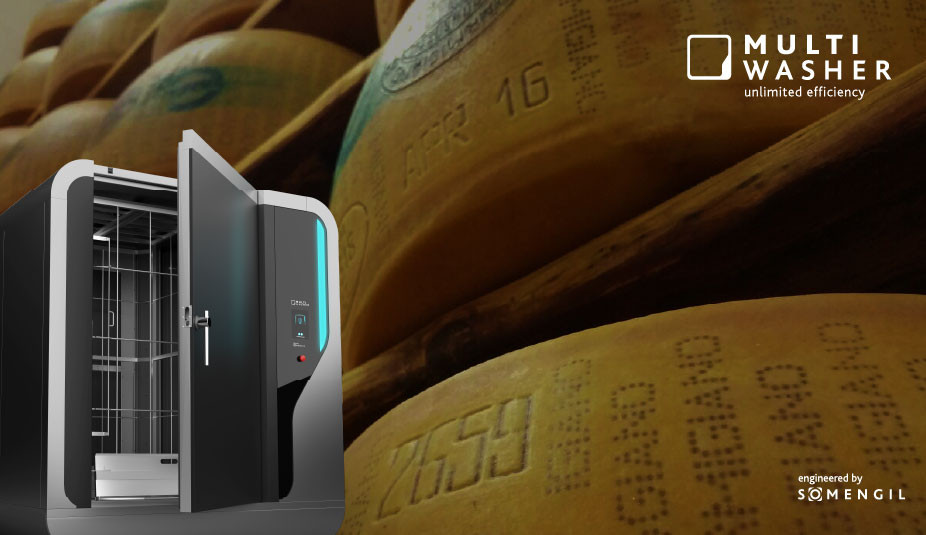

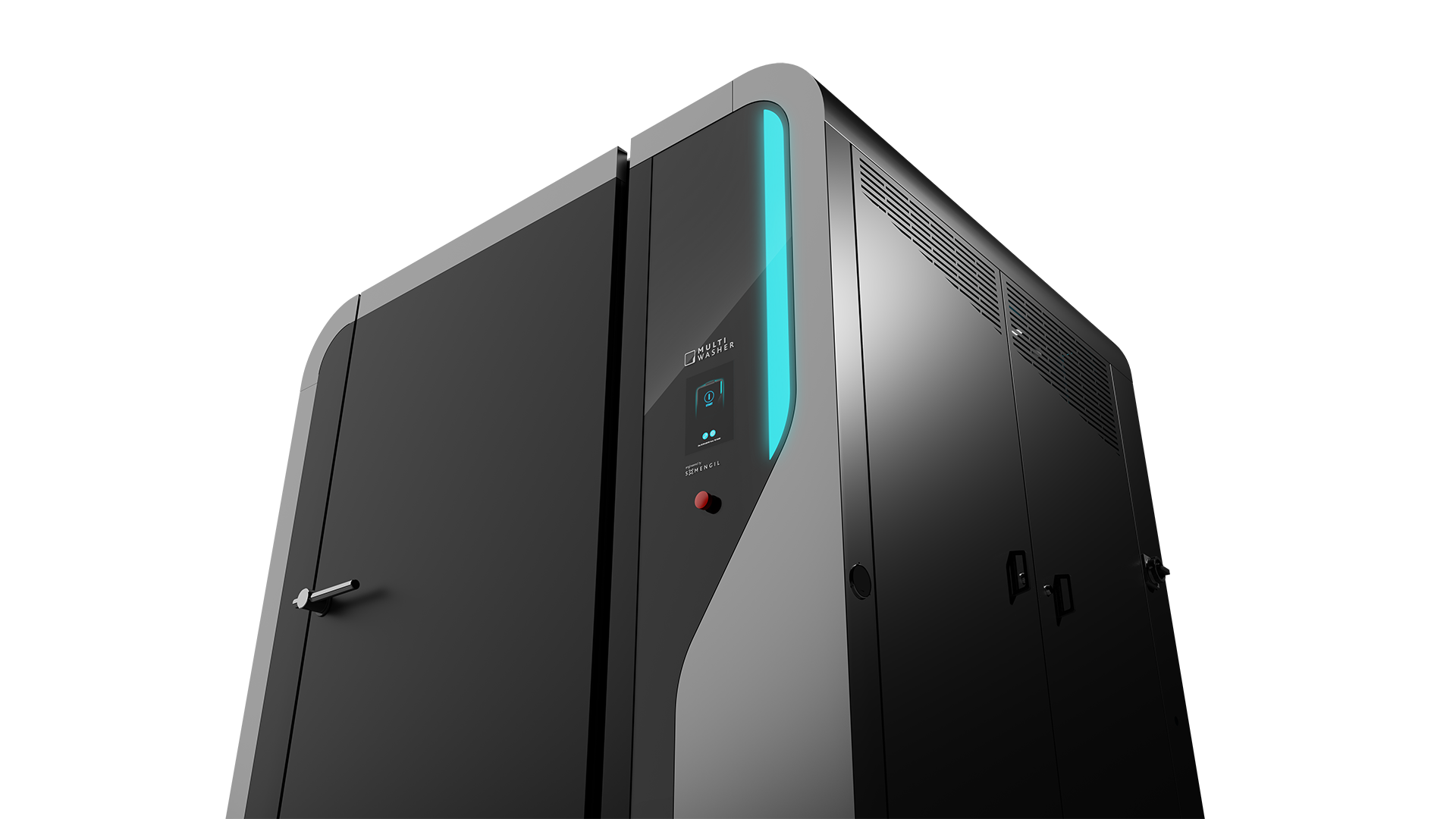
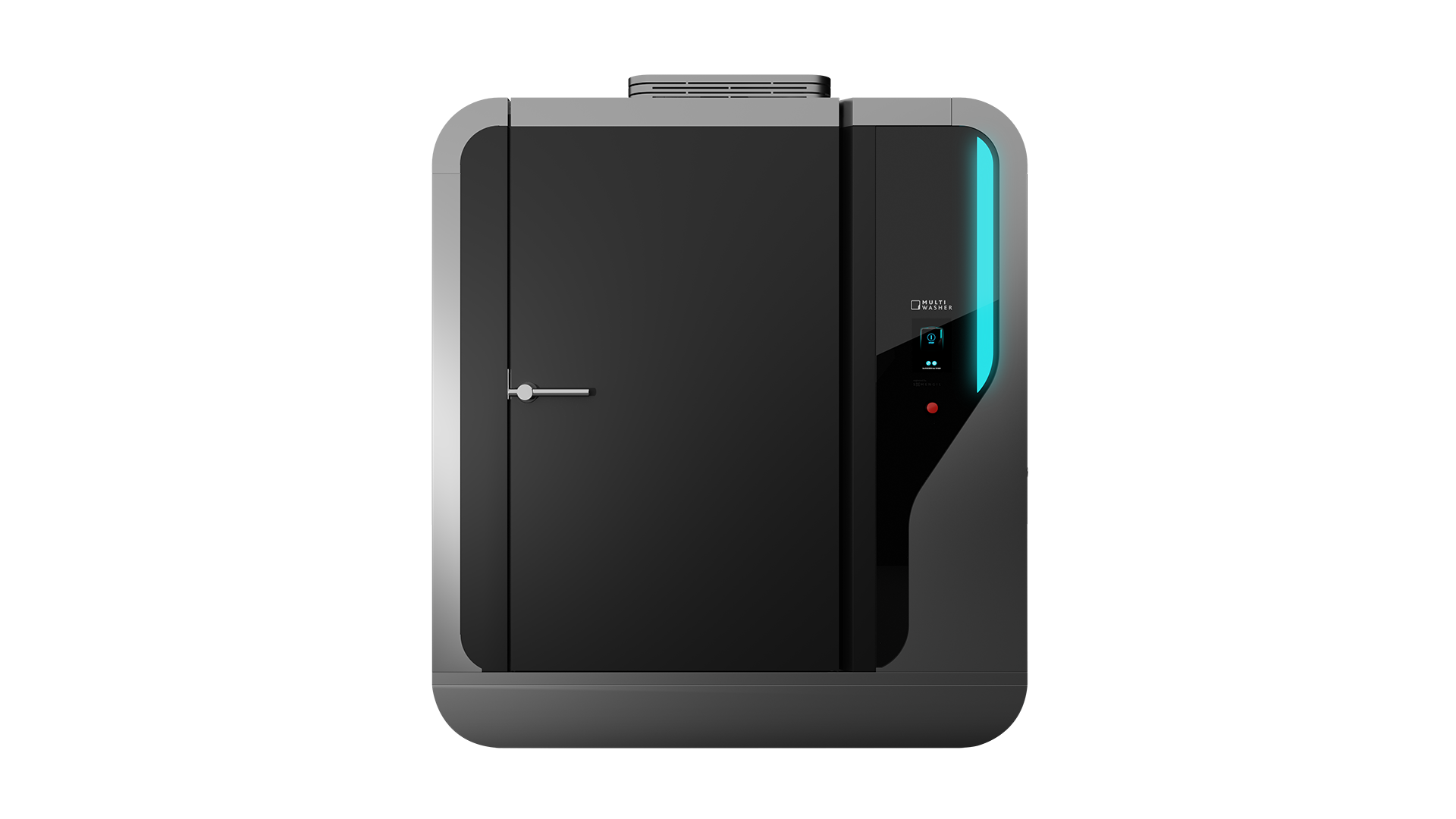
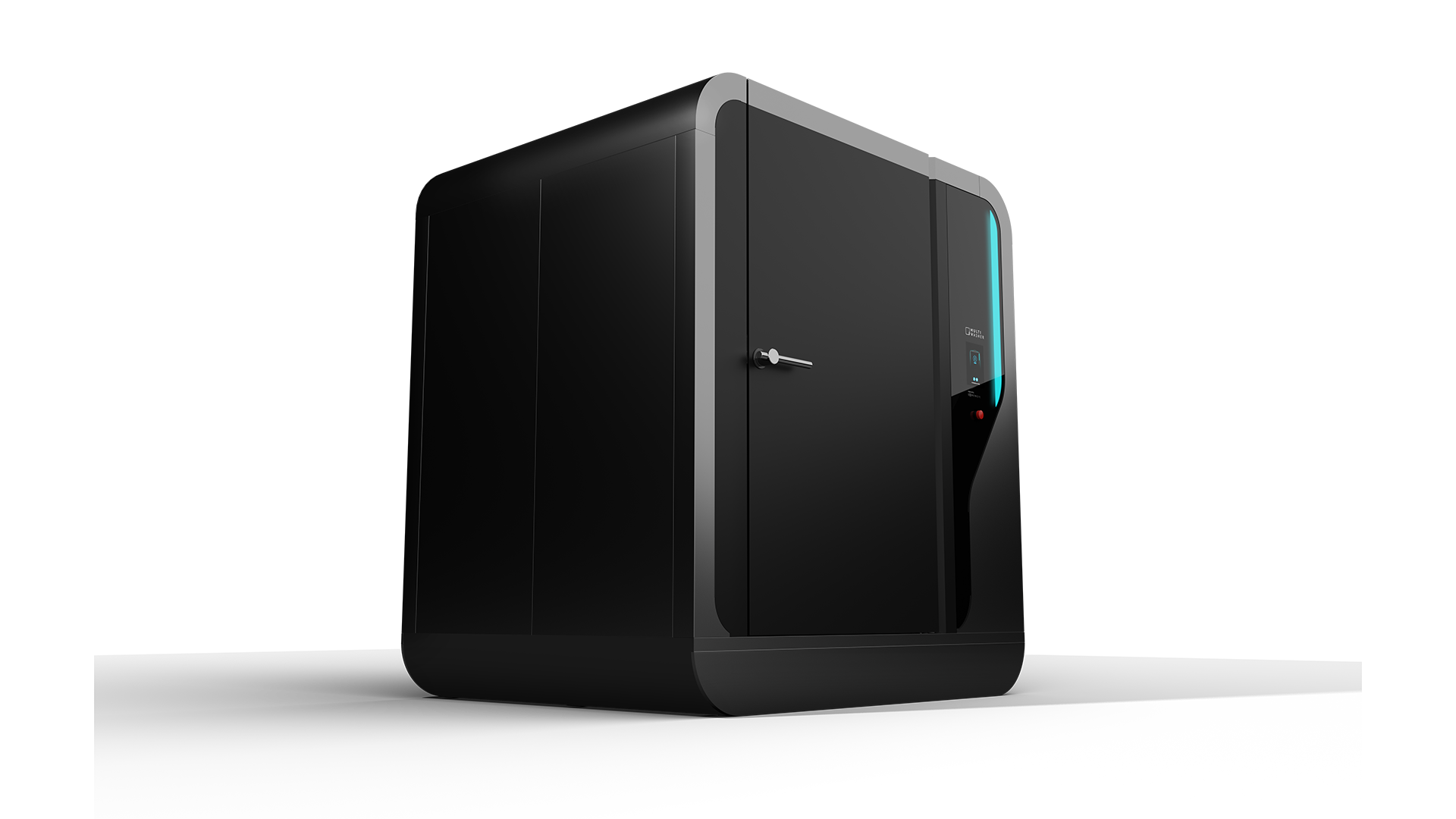
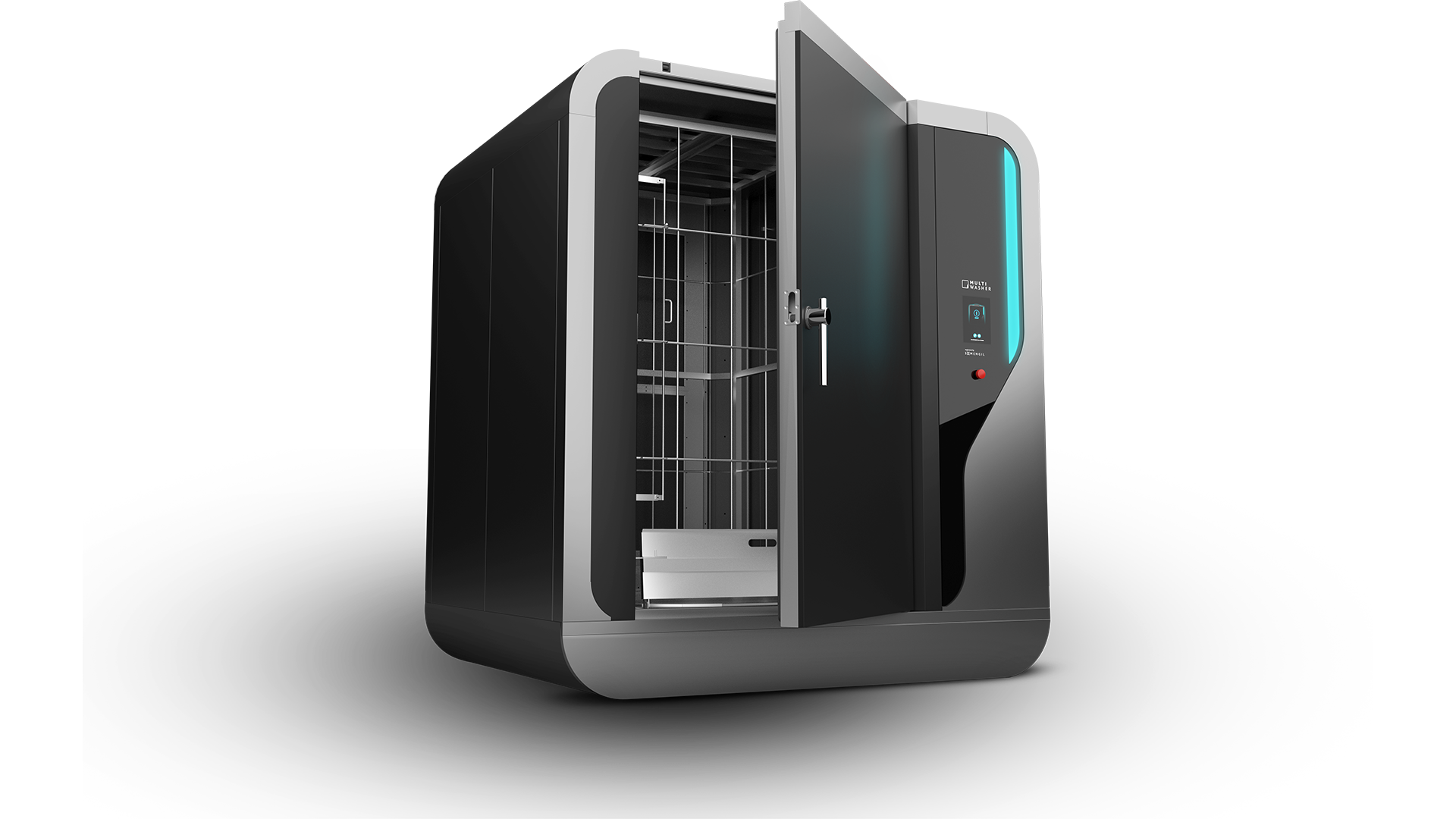
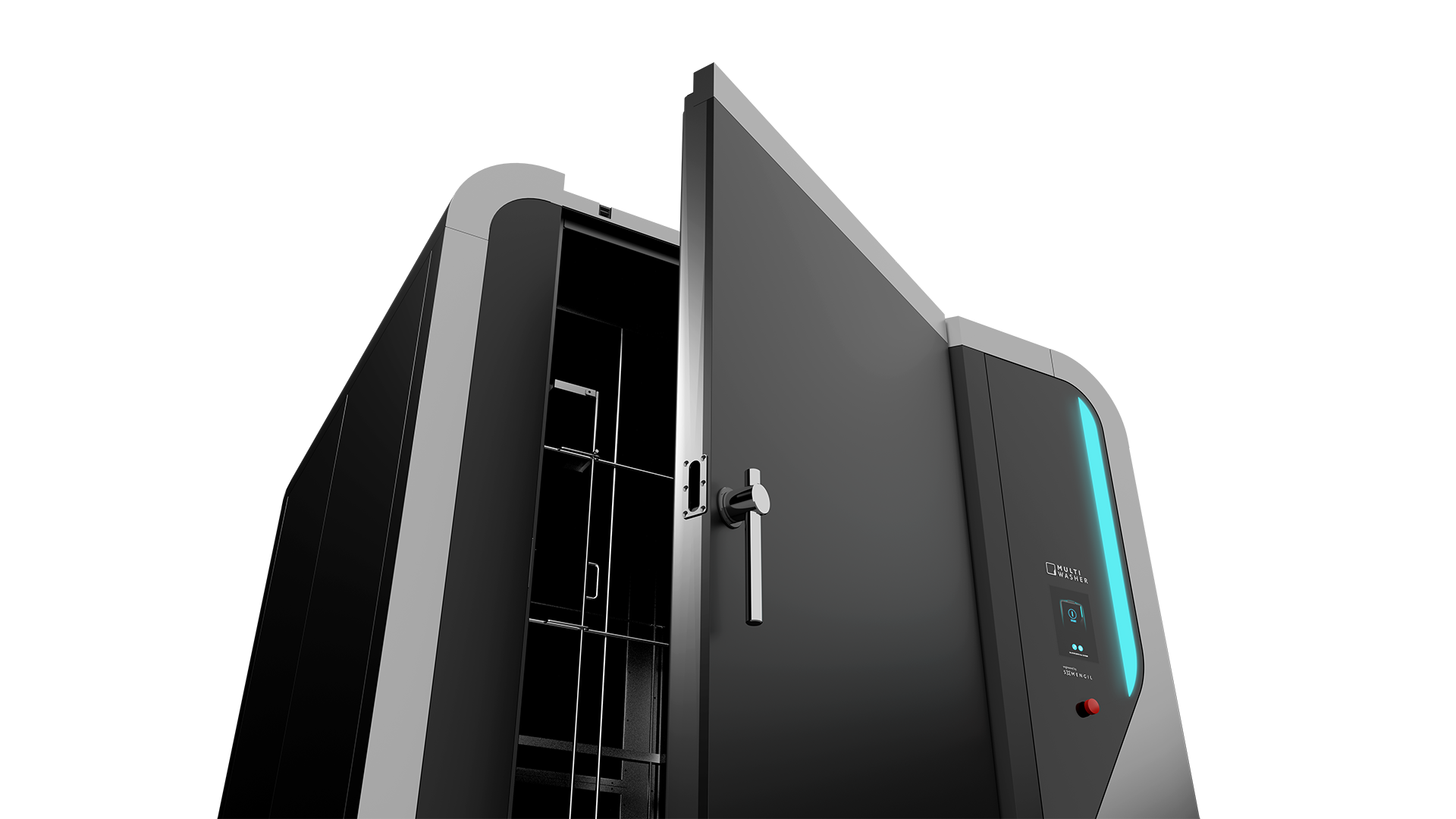


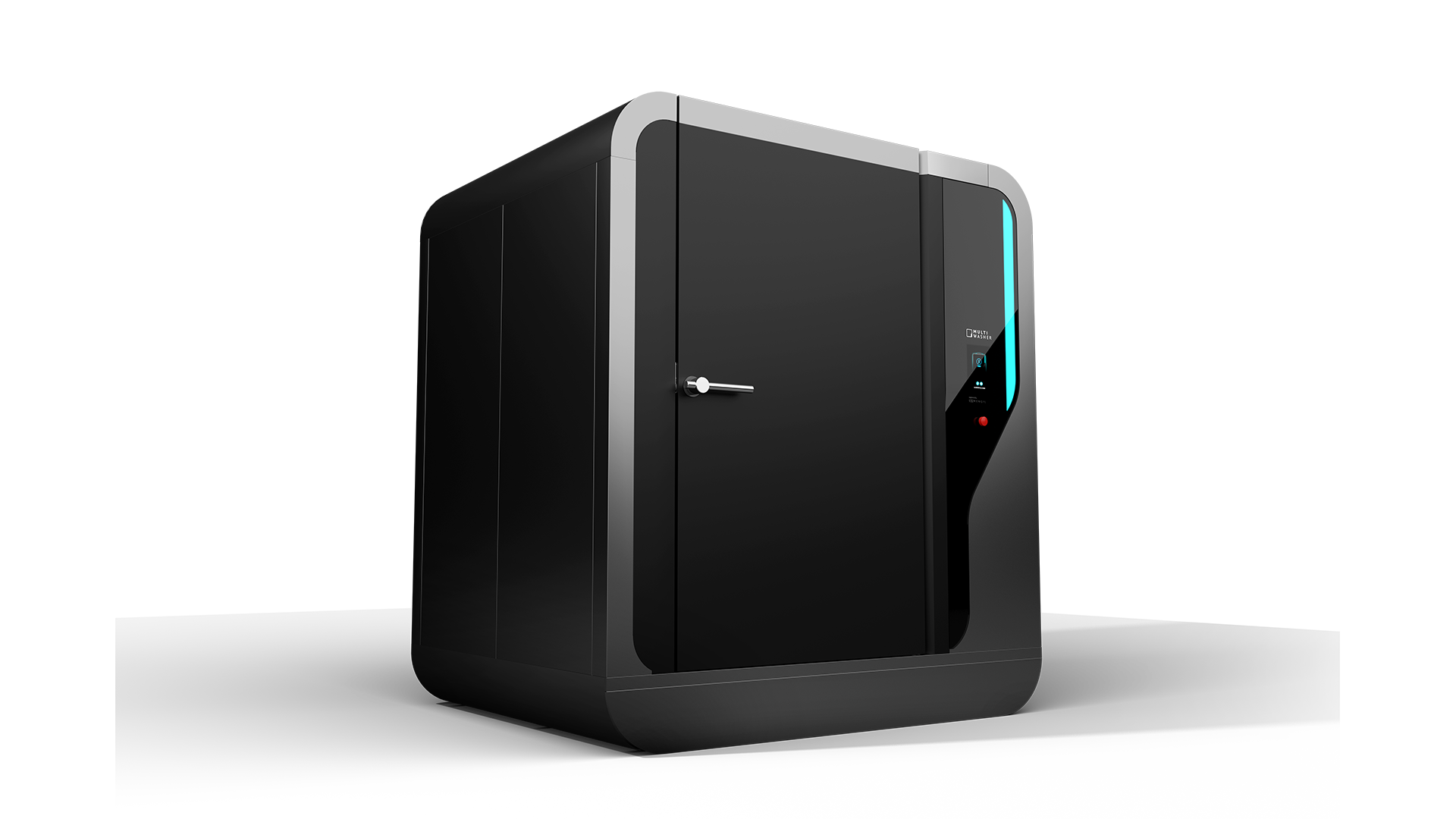
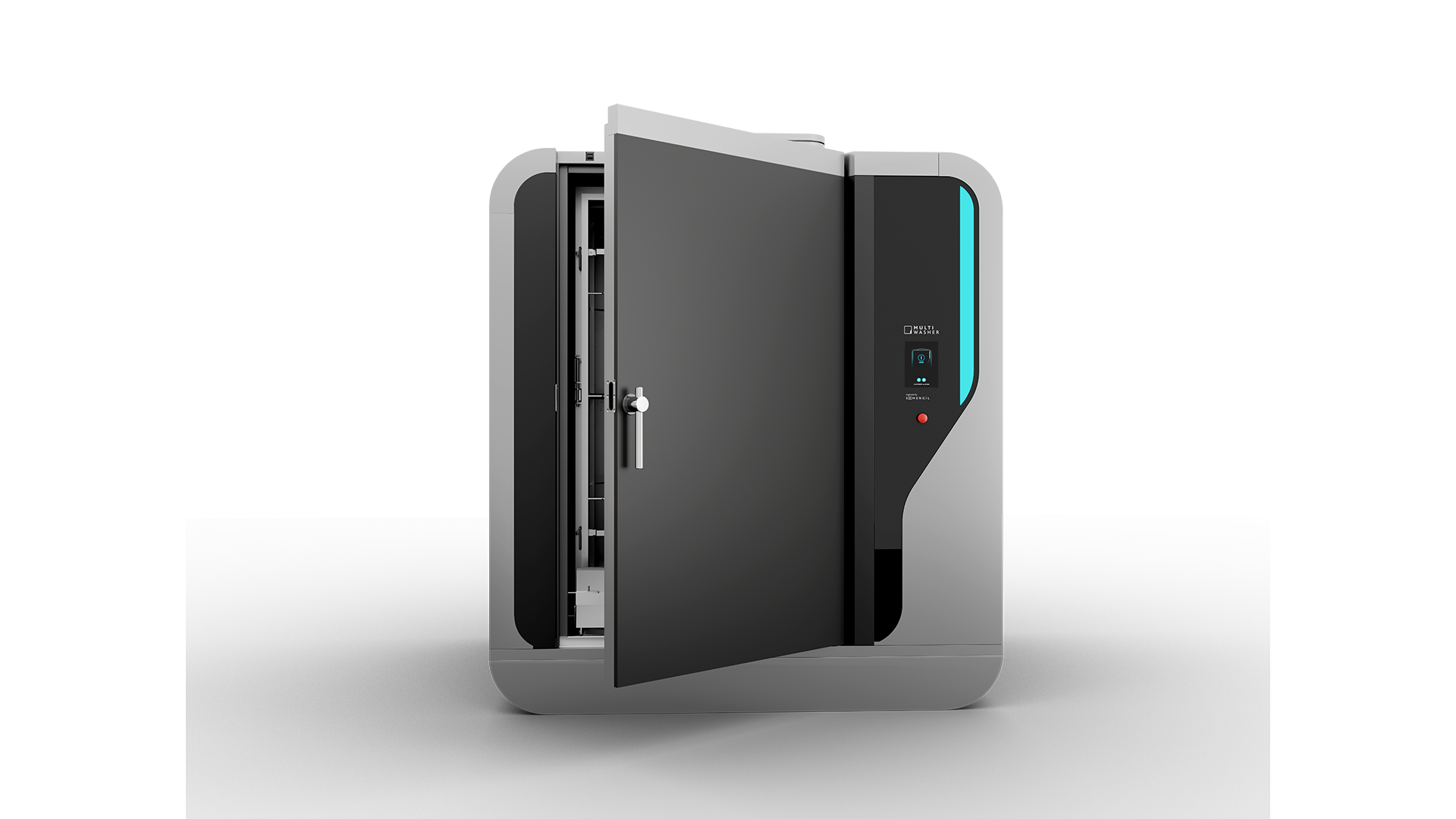
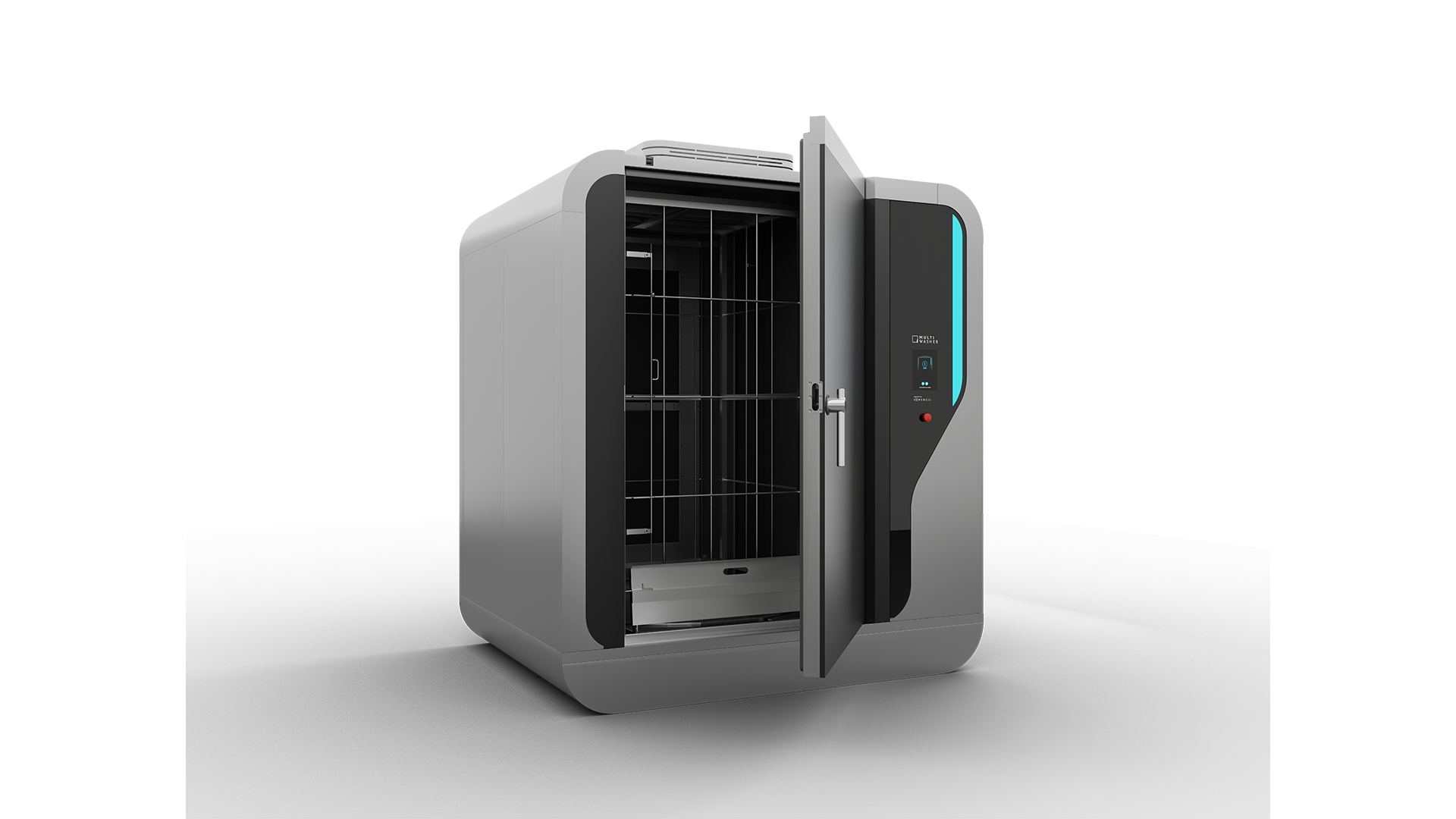
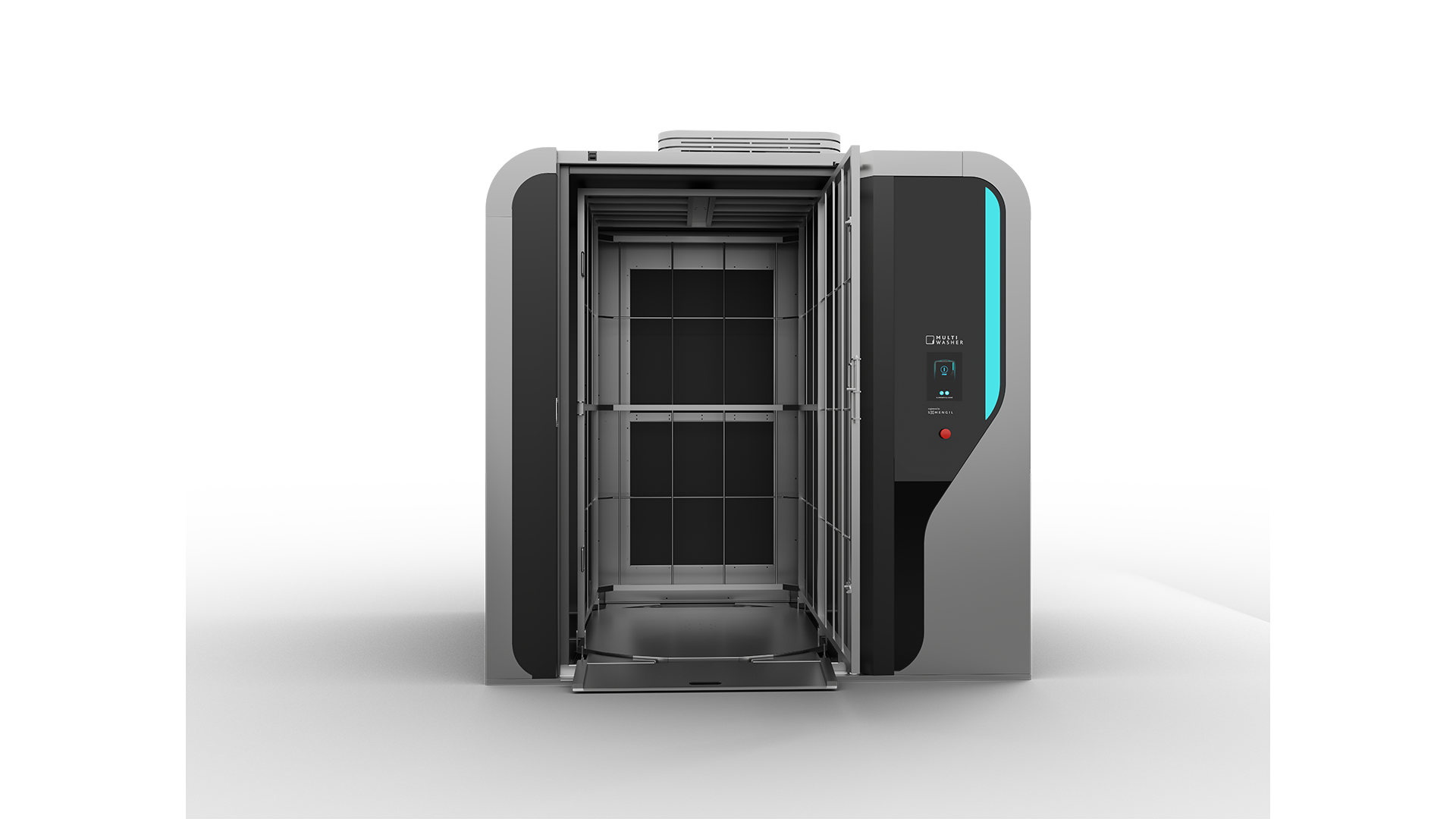
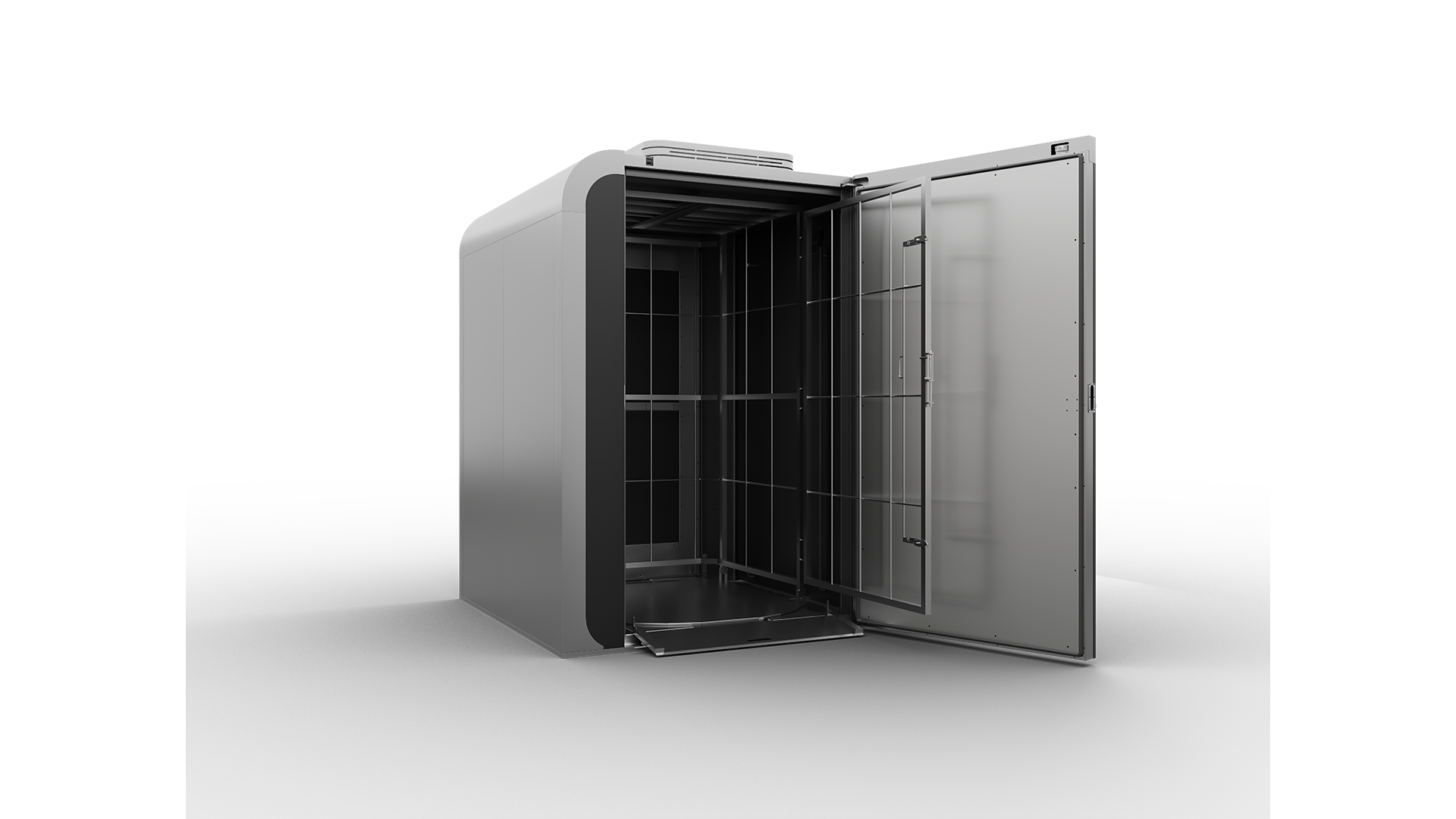
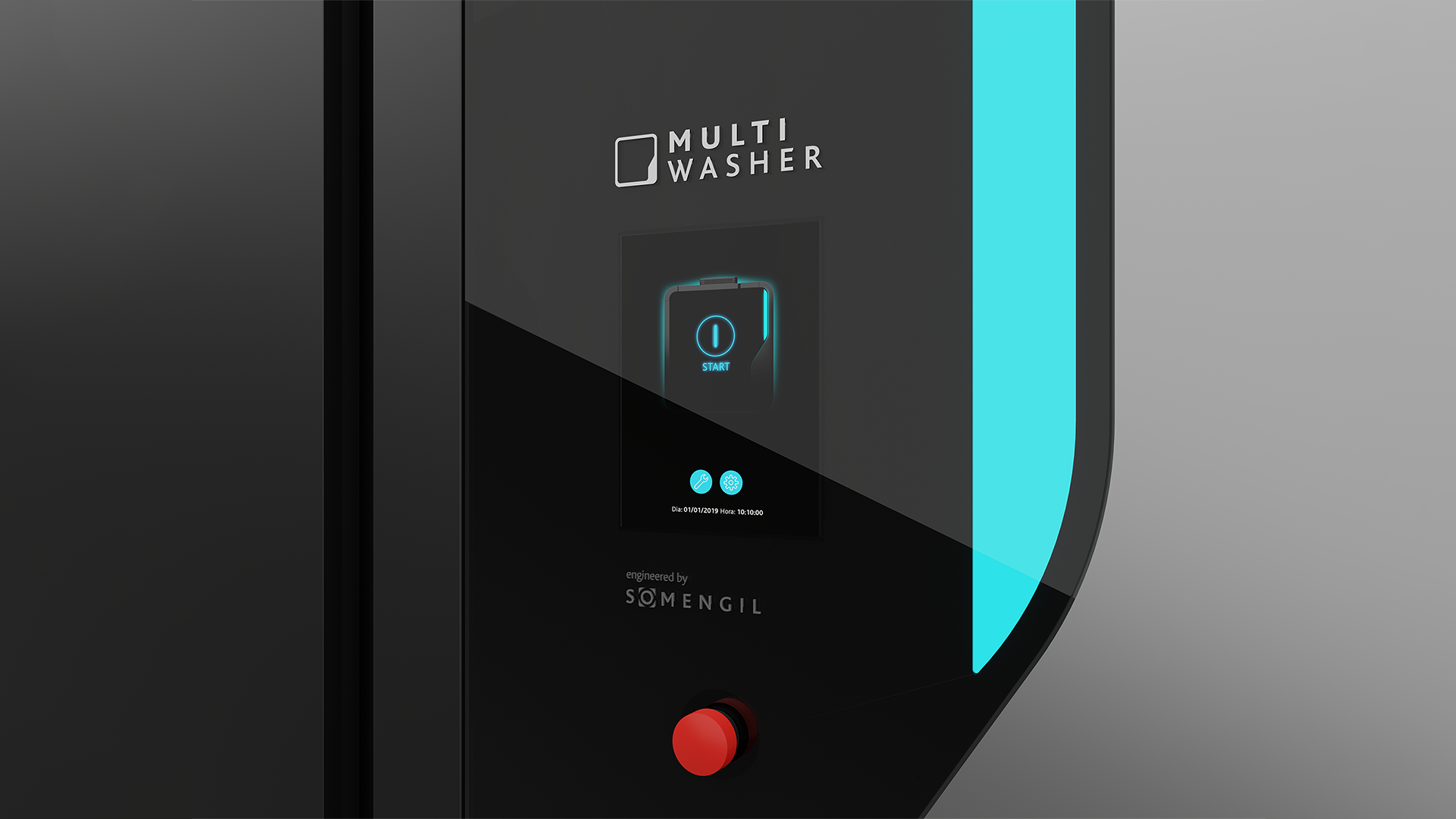
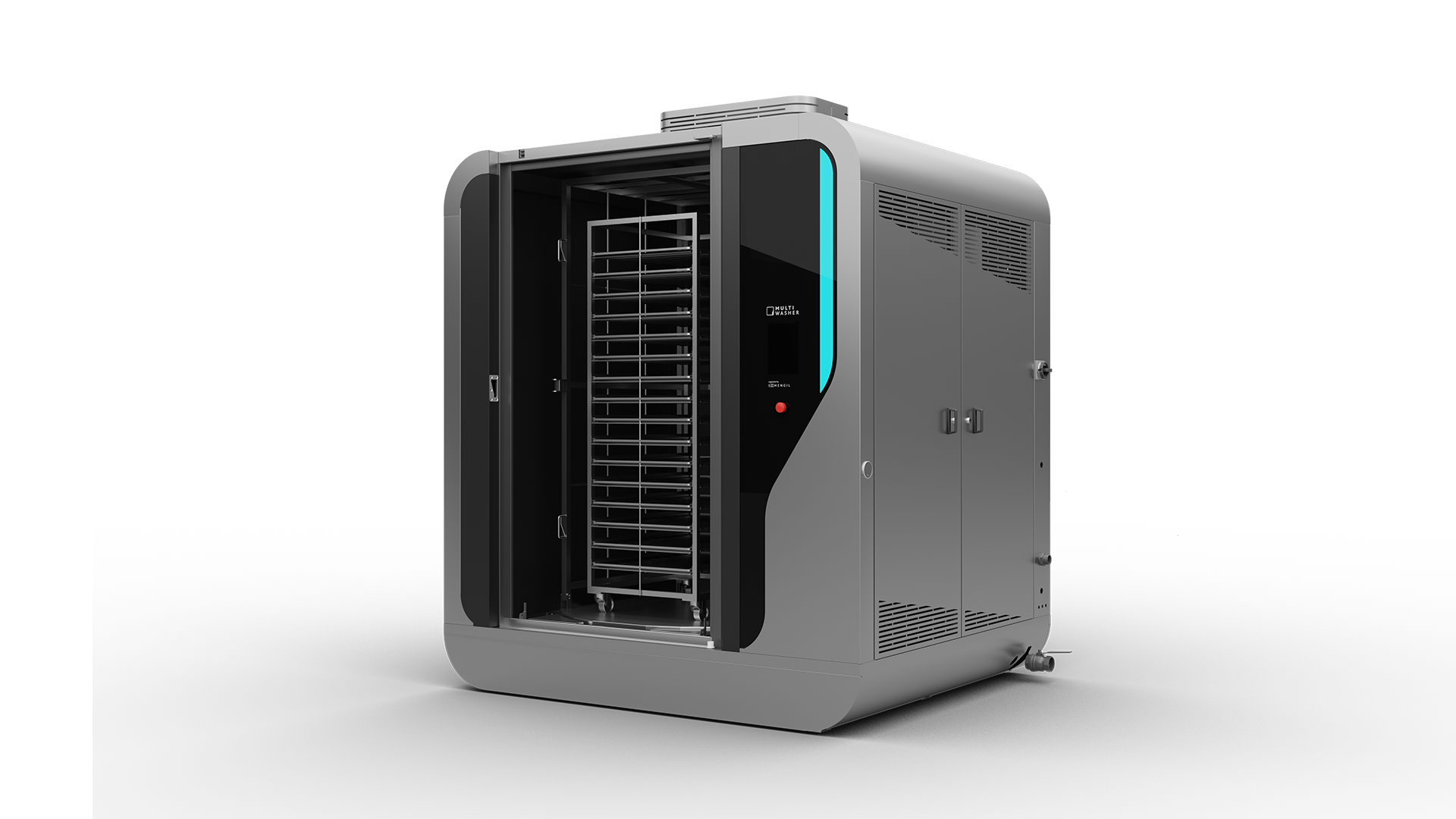
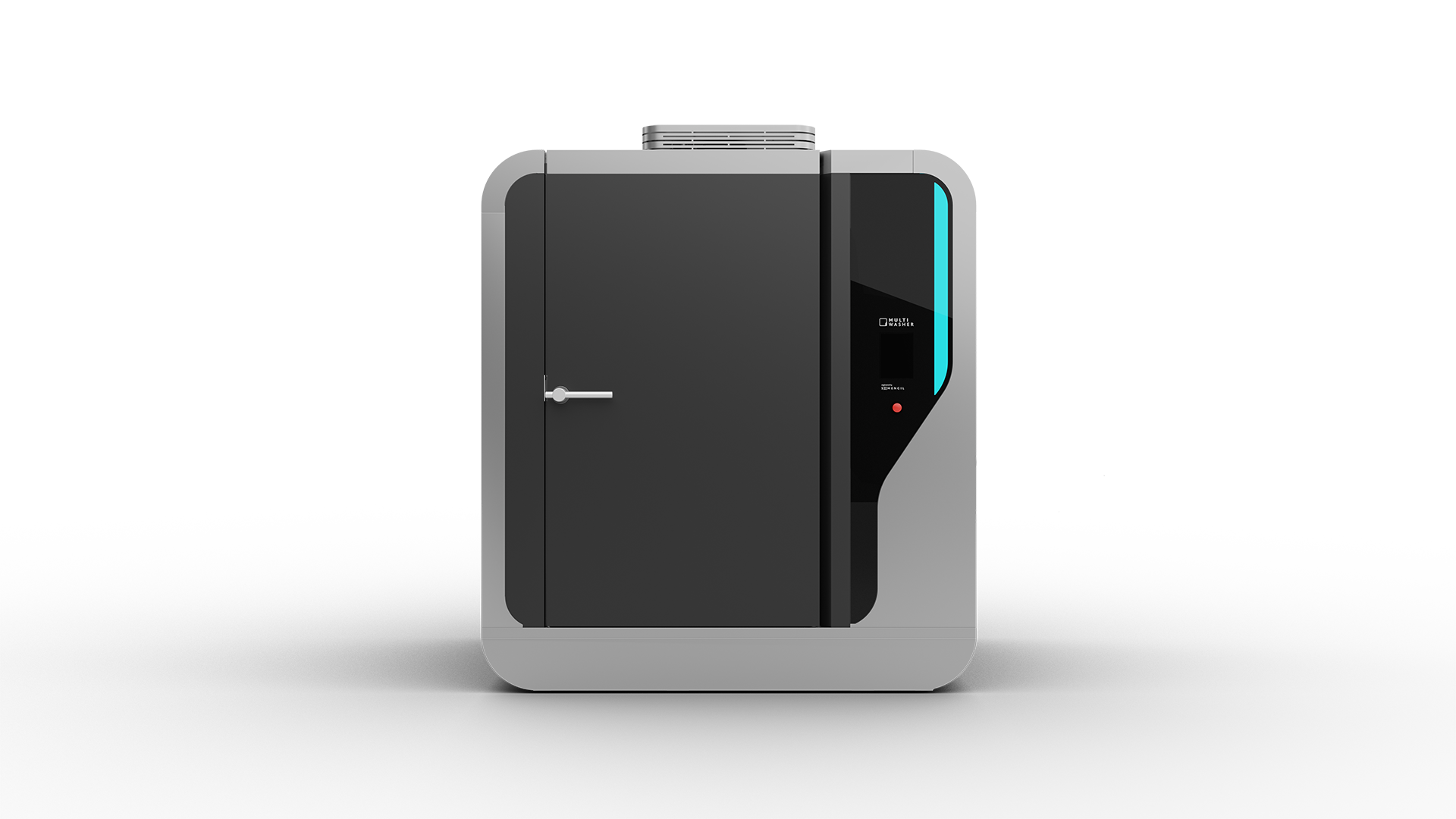


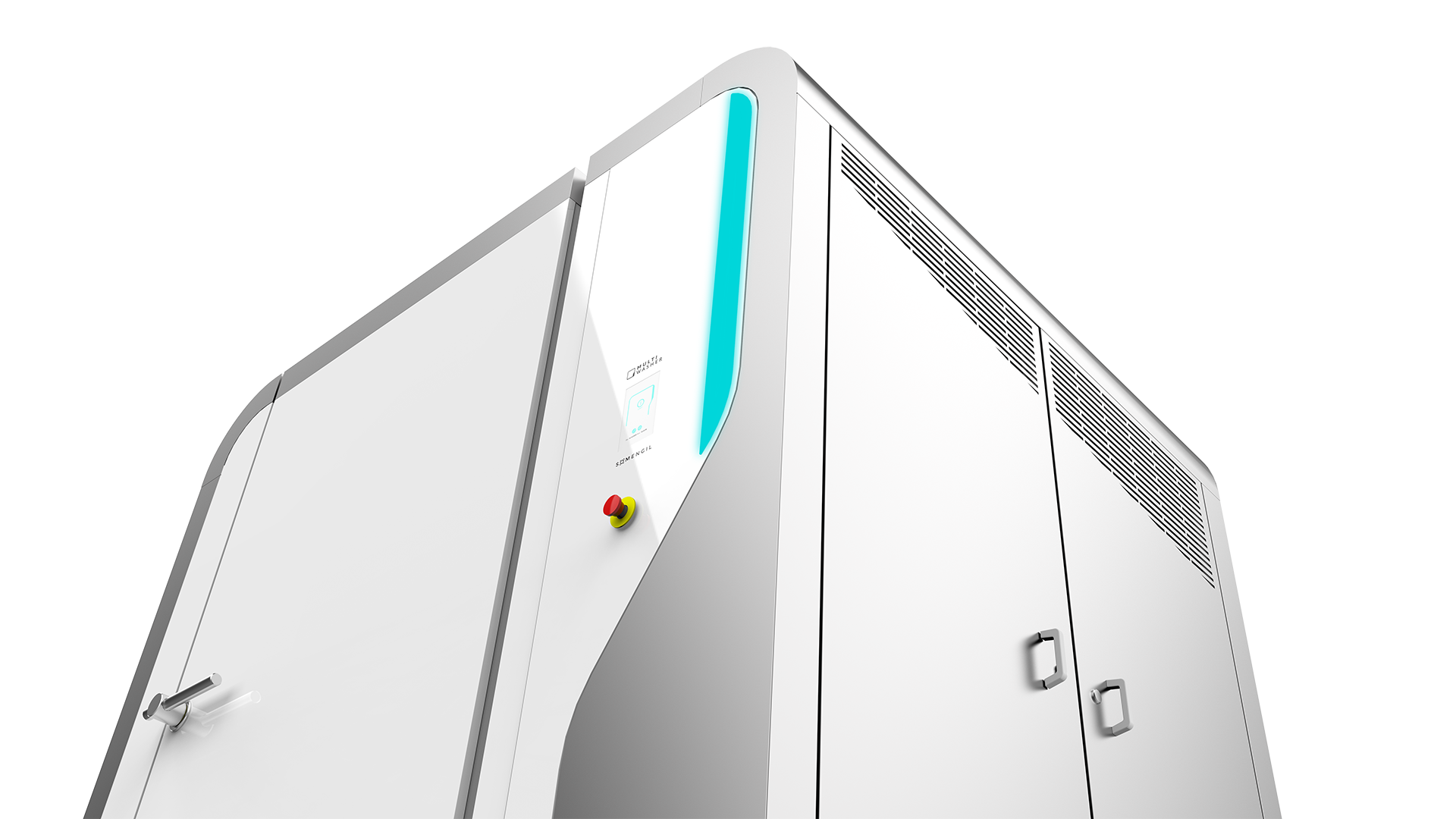
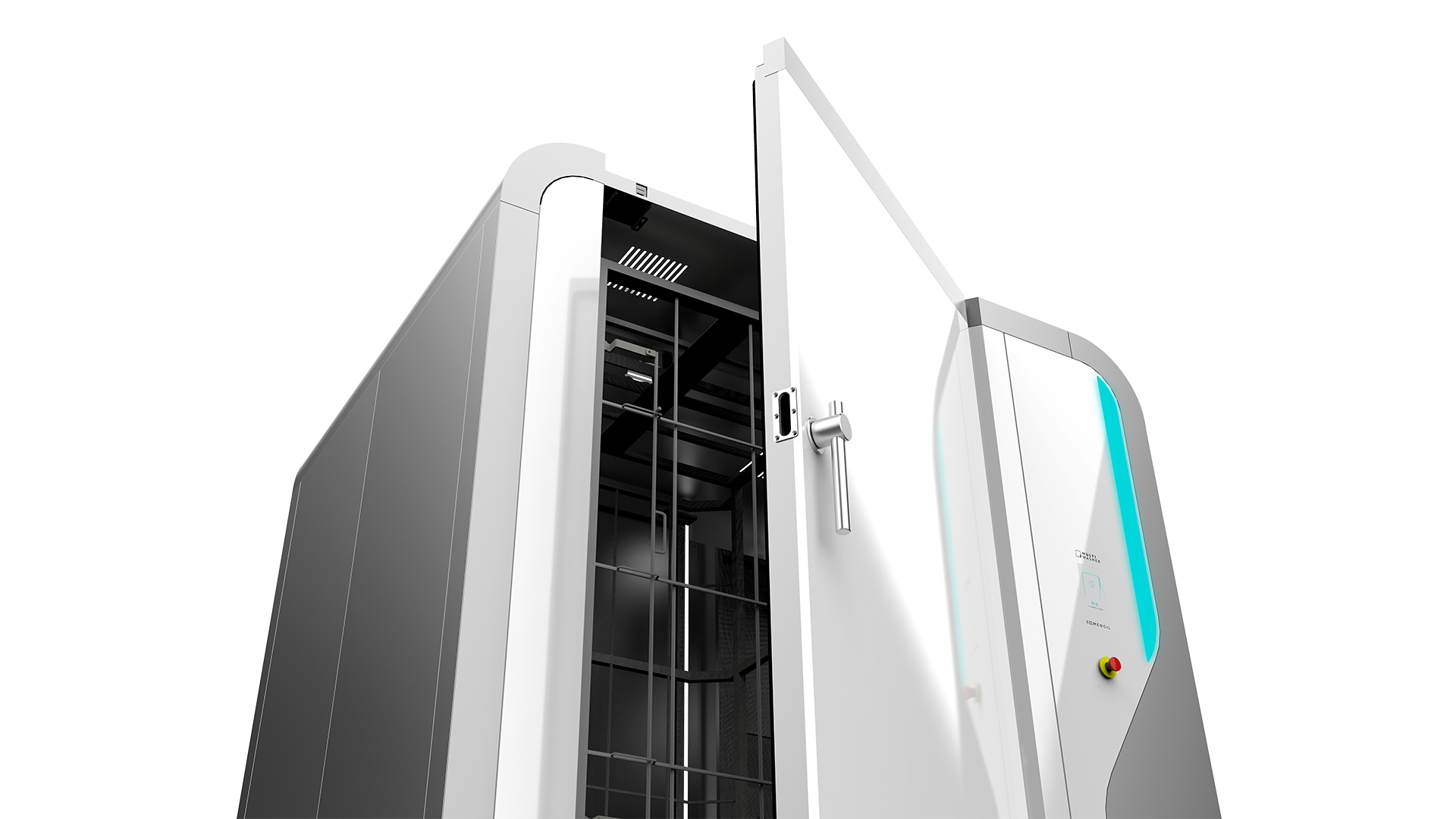
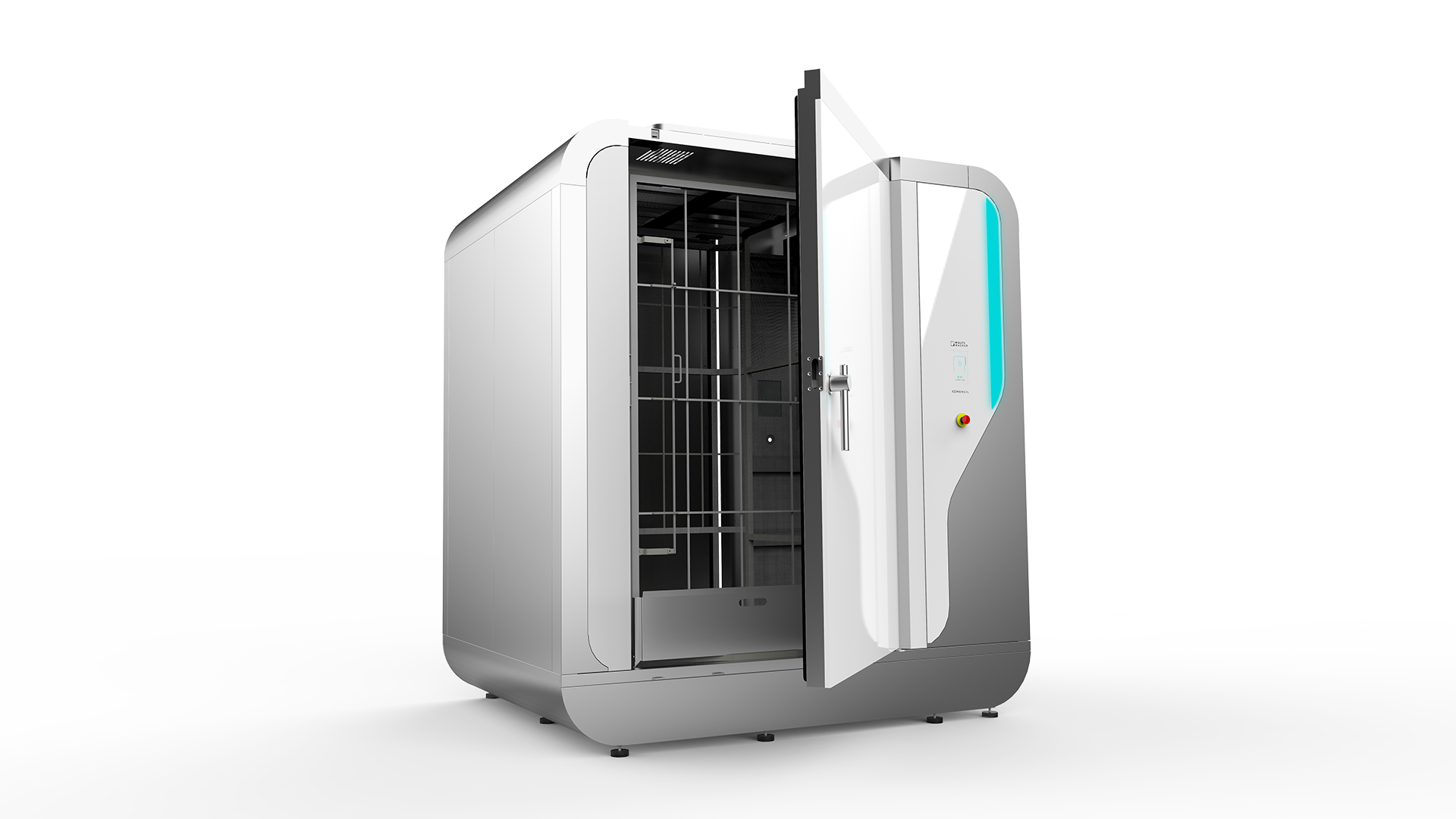
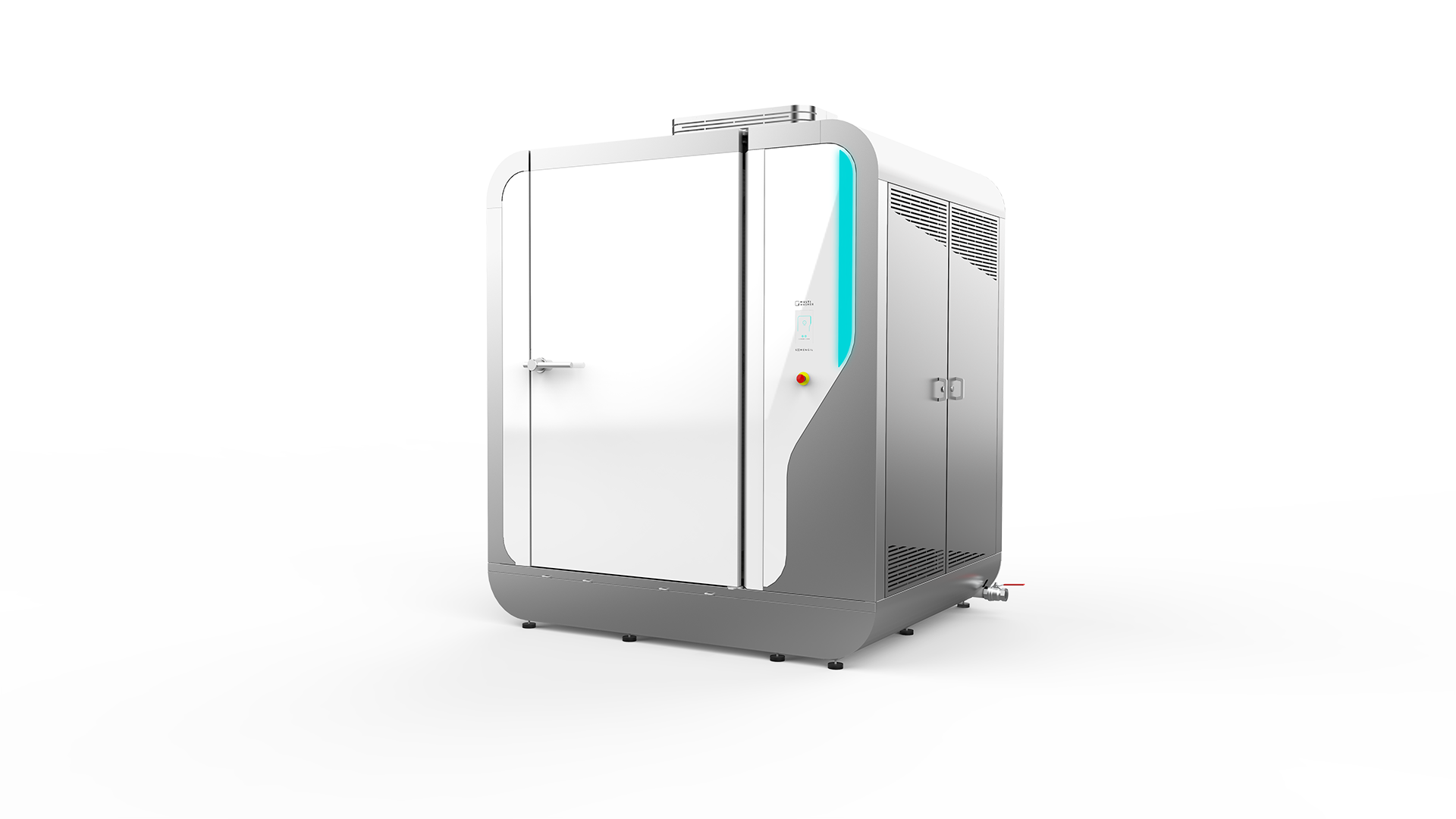
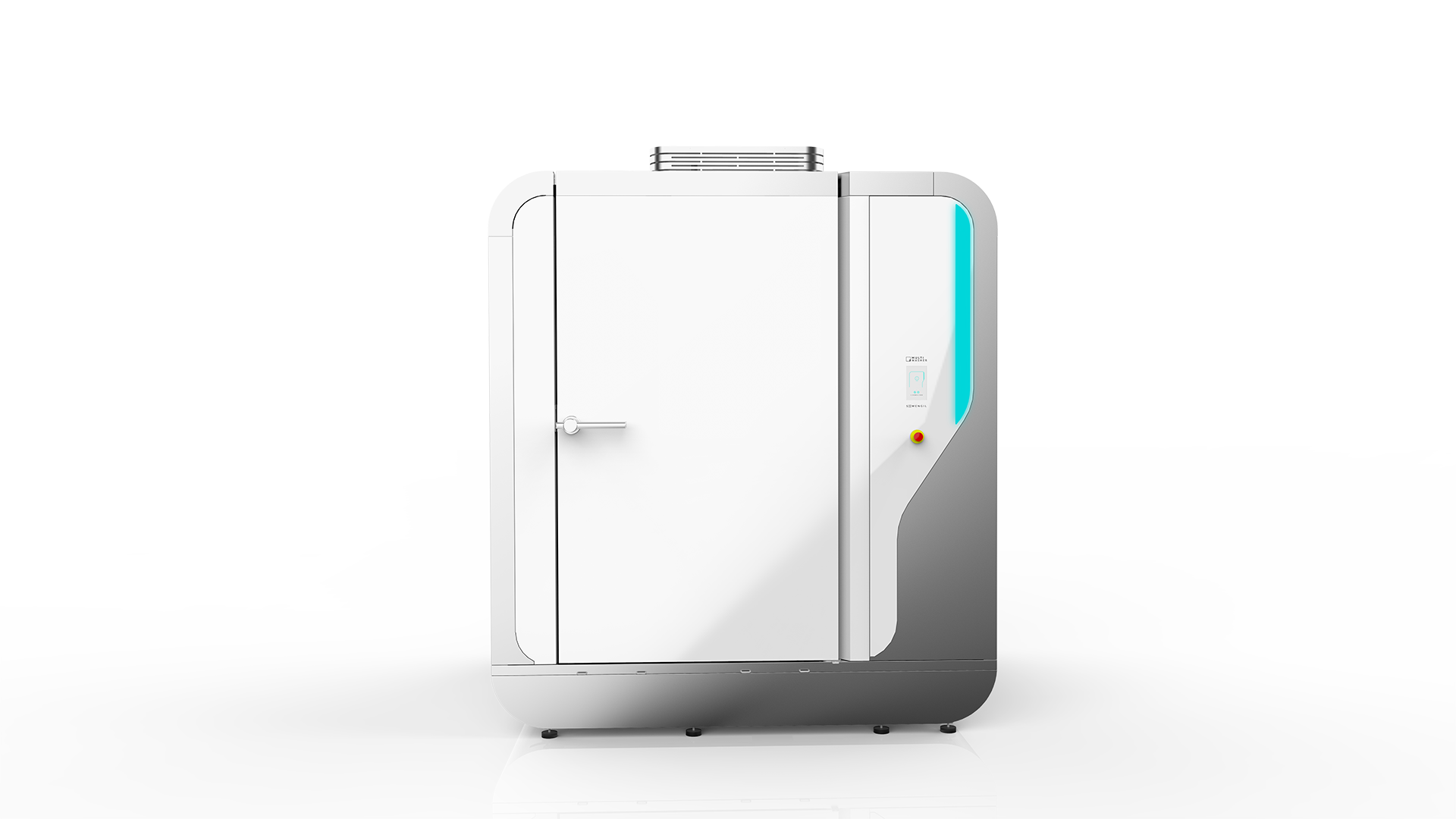
 Portugal
Portugal United Kingdom
United Kingdom United States
United States France
France Spain
Spain Germany
Germany Romania
Romania Italy
Italy Czech Republic
Czech Republic Finland
Finland Hungary
Hungary Slovakia
Slovakia Greece
Greece Lithuania
Lithuania South Korea
South Korea Russia
Russia Saudi Arabia
Saudi Arabia Poland
Poland Brasil
Brasil Hebrew
Hebrew